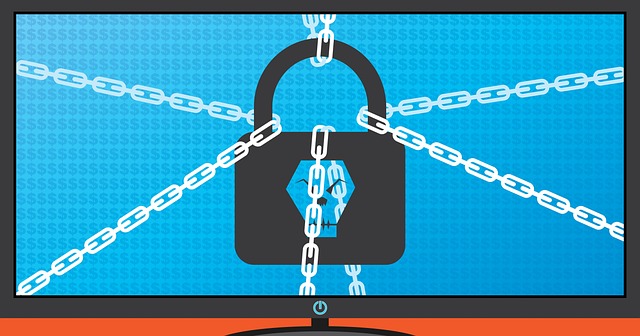
Securing Your Network: The Threat of Ransomware in IT Systems
In today’s interconnected world, securing your network has become a pressing priority, especially as the threat of ransomware looms larger than ever. This malicious software not only encrypts your data but also holds it hostage, demanding a ransom for its release. The implications for businesses of all sizes are staggering, making it essential for organizations to understand this threat within the realm of informational technology.
Ransomware attacks can strike unexpectedly, often through seemingly harmless emails or software downloads. Once inside your network, this ominous software can rapidly spread, encrypting files and rendering them inaccessible. The panic that ensues can make even the most stable IT systems feel vulnerable. For businesses reliant on their data for everyday operations, the cost of a ransomware attack can be crippling, leading to financial loss and irreversible damage to reputation.
Effective network security is not merely about deploying advanced technology; it’s about creating a culture of awareness and vigilance among all employees. Training staff to recognize phishing attempts and suspicious activity can be one of the most effective defenses against ransomware. Additionally, implementing strong access controls ensures that sensitive data is only accessible to those who need it, reducing the risk of internal threats.
Moreover, regular data backups are critical to a solid ransomware strategy. With robust disaster recovery protocols, organizations can restore their systems to a previous state without paying the ransom. However, it’s important to ensure these backups are not connected to the network to prevent them from being targeted as well.
Another vital aspect of network security is maintaining up-to-date software and systems. Cybercriminals often exploit known vulnerabilities in outdated software to infiltrate networks. By ensuring that all systems are regularly patched and updated, organizations can significantly lower the risk of a successful ransomware attack.
The psychological toll of a ransomware attack should not be overlooked. The fear of losing vital data and the stress of dealing with the aftermath can weigh heavily on IT professionals and business owners alike. It is crucial, therefore, to have a clear incident response plan in place, allowing organizations to react swiftly and effectively should an attack occur, mitigating damage and restoring operations as quickly as possible.
Additionally, utilizing advanced threat detection and response technologies can bolster defenses. Solutions such as endpoint protection, intrusion detection systems, and network monitoring can provide an extra layer of security, helping to identify and neutralize threats before they escalate.
As the landscape of informational technology continues to evolve, so too does the sophistication of cyber threats, particularly ransomware. Organizations must remain proactive; investing in comprehensive cybersecurity strategies, fostering a culture of security awareness, and preparing for potential incidents can all contribute to a resilient network.
Ultimately, understanding the threat of ransomware and taking steps to secure your network will not only protect your organization but also reassure stakeholders that you are serious about safeguarding valuable information. In the face of such threats, it is crucial to remain vigilant and prepared, standing ready to protect against the unpredictable nature of cybercrime.


